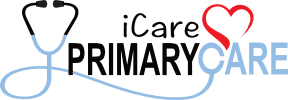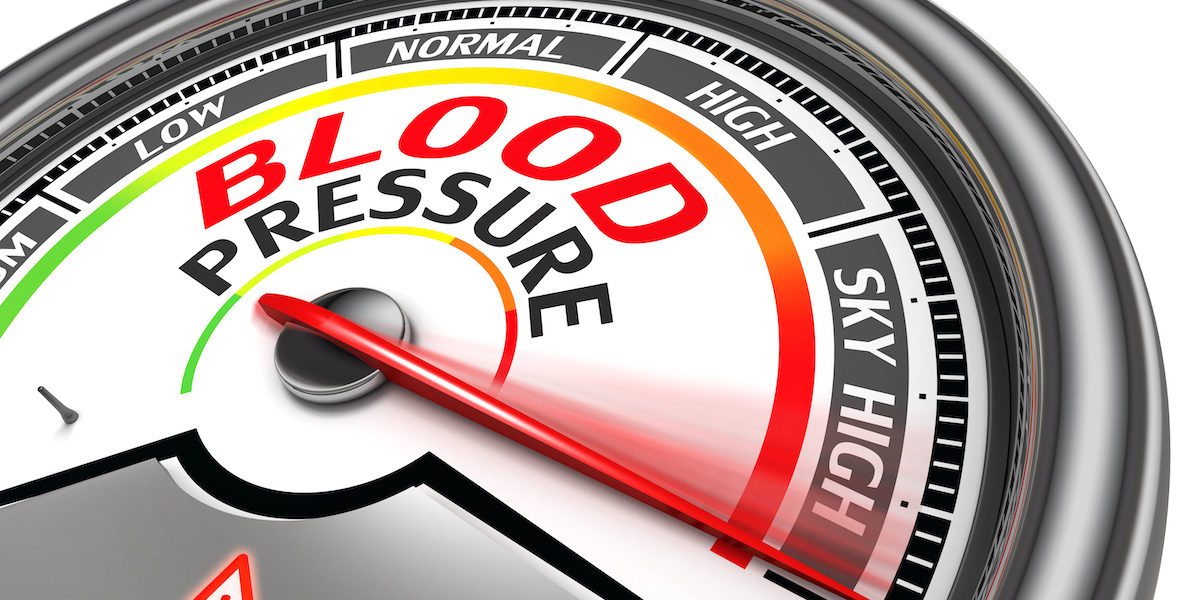H
ypertension or high Blood Pressure is a chronic medical condition that puts you at risk for stroke, heart failure, heart attack, kidney failure, damaged blood vessels in the film (retina) of the eyes. When your doctor or nurse tells you your blood pressure, they mention two numbers, for example, 160 over 90. The normal blood pressure should be less than 130 over 80. The higher the blood pressure gets, the more likely it is that you will develop any of the conditions listed above.
On the other hand, treatment of high blood pressure lowers the likelihood of having a stroke by 40%, heart attack (or myocardial infarction) by 25%, and heart failure by 50% (Kwiatkowski et.al, 2018, p. 1007). This highlights the importance of adequate long-term control of high blood pressure as well as the importance of having close follow up with a primary care physician who can help treat and get your blood pressure under control.
Symptoms: Most patients with high blood pressure do not have symptoms for a long time. When you begin to develop symptoms, it is very likely that you already have organ damage from your high blood pressure. The symptoms depend on which organ has been damaged.
Some of the symptoms are:
-
-
-
- Headache
- Vision changes e.g., blurry vision
- Numbness, tingling and/or weakness on one side of the body
- Slurred speech, difficulty finding your words, drooping of one side of your face
- Seizure
- Nausea, vomiting
- Difficulty breathing, swelling in both legs.
- Chest pain
- Blacking out
- Bloody or brown urine
-
-
Factors that increase risk for hypertension:
-
-
-
- High salt intake
- Physical Inactivity
- Obesity
- High alcohol intake
- Advancing age (The older you get, the higher your risk of developing hypertension)
- Race (more common among blacks)
- Family history (You are likely to have hypertension if your parents have it)
- Over the counter medications such as NSAIDs (e.g., Ibuprofen)
- Birth control pills containing large amounts of estrogen
- Cold medicines containing pseudoephedrine, phenylephrine
- Illegal drugs such as cocaine, methamphetamine.
- Acute or chronic kidney disease
- Obstructive sleep apnea
-
-
(Basile & Bloch, 2020)
When should I see my primary care doctor for my blood pressure?
All adults 40 years and older and individuals at increased risk for high blood pressure (i.e overweight or obese, African Americans, and patients with a mean daytime blood pressure 130 to 139/ 80 to 89 mmHg) should see the primary care doctor at least once a year to be screened. Adults 18-39 years with no other risk factors, whose blood pressure is < 130/80 mmHg should see their primary care doctor to be rescreened every three to five years.
Can I lower my blood pressure?
Yes. Prescription medications and lifestyle changes can help lower and ultimately control your hypertension. Make sure you take your medications as prescribed. When you take your medications, you can decrease your chances of having a stroke, a heart attack, heart failure or kidney failure. If you develop a side effect from your medication, notify your doctor so changes can be made. If the side effect includes tongue swelling or feeling that your throat is closing up, call 911 immediately as this is a medical emergency.
Lifestyle changes to lower blood pressure:
Decrease your salt intake
Lose weight if you are overweight or obese
Decrease your alcohol consumption
Eat food that is rich in fruits and vegetables and low in fat.
Exercise at least 30 minutes daily, five days a week.
Can iCare Primary Care help me with my high blood pressure?
Yes. Please click here to make an appointment.
References
Levy, P.D, & Brody, A. (2018). Vascular System: Hypertension, Rosen’s Emergency Medicine: Concepts and Clinical Practice (pp 1007-1020). Philadelphia, PA: Elsevier.
Basile, J & Bloch, M.J (2020). Overview of hypertension in adults. Retrieved from www.uptodate.com


